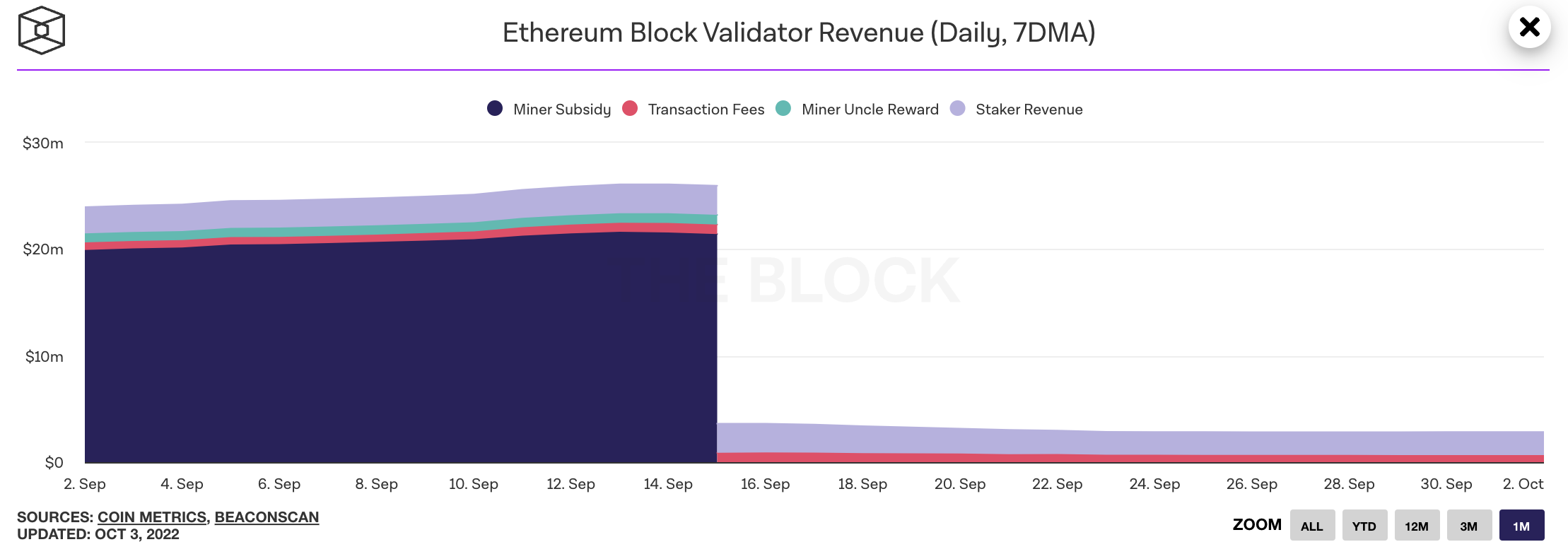A committee of senior U.S. regulators wants Congress to pass laws to enable more direct oversight of crypto markets and for comprehensive regulation of stablecoins, according to its latest report focused on digital assets.
The Financial Stability Oversight Council also recommended Congress pass a law to increase the transparency of digital asset projects to different regulatory agencies, in order to allow regulators across different jurisdictions to better coordinate and understand crypto markets and businesses.
Today’s report identifies three gaps in regulatory oversight of digital assets: spot markets for cryptocurrencies that are not considered securities, which currently means bitcoin and ether – though the latter has been called into question by Securities and Exchange Commission Chair Gary Gensler. “Regulatory arbitrage” due to the complexity of crypto businesses and digital assets, which can fall across multiple regulatory jurisdictions. And vertical integration of trading platforms that give retail investors more direct access to markets, which the council believes, could have, “Financial stability and investor protection implications,” due to other practices by those platforms, like automated liquidation of assets.
“The Council finds that crypto-asset activities could pose risks to the stability of the U.S. financial system if their interconnections with the traditional financial system or their overall scale were to grow without being paired with appropriate regulation, including enforcement of the existing regulatory structure,” the report reads. The council singles out the bankruptcy of the Three Arrows Capital hedge fund and the collapse of TerraUSD as events pointing toward instability in the digital asset sector, supporting the need for legislation and increased regulation of cryptocurrency-related businesses.
The council unanimously approved the report.
Congress already began work on stablecoin and spot market legislation earlier this year. A Biden administration official said that the administration is not endorsing specific bills to achieve these goals at this time, but the report could boost momentum for existing efforts.
Senate Agriculture Committee Chair Debbie Stabenow, D-Mich., authored a bill to give the Commodity Futures Trading Commission more power over non-security cryptocurrency markets. Currently the CFTC wields power over derivatives and futures, but not actual spot markets for bitcoin and ether, the two digital assets not currently treated as securities. CFTC Chair Rostin Benham has testified in favor of that legislation, which has not yet received a committee vote, though Gensler told Congress that having multiple regulators focused on crypto could undermine oversight efforts.
“I look forward to working with Congress to achieve the public policy goals as laid out in the report, consistent with maintaining regulation to crypto security tokens and related intermediaries at the SEC,” Gensler said during today’s FSOC meeting. “I hope that we don’t inadvertently undermine securities law, which underlie the $100 trillion capital market.”
House Financial Services Committee Chair Maxine Waters, D-Calif., and top committee Republican Patrick McHenry, R-N.C., have worked on a comprehensive stablecoin bill, including a recent discussion draft, though they are not believed to have reached an agreement yet, and chances of passage into law before the end of this current Congress look slim. If Republicans take control of both the House of Representatives and Senate — polls suggest they’re favored to win the House while the Senate remains a toss-up — McHenry may prefer to wait until next Congress to finalize negotiations since committee chairmanship that comes with a flip of the House would give him more leverage. He also recently said any legislation on the subject will have multiple authors across both parties, due to the fact that control of government would remain split even if Republicans take both houses of Congress.
Senate Banking Committee Ranking Member Pat Toomey, R-Pa., put forth his own proposal earlier this year, though he has announced his retirement from office and will leave the Senate at the end of this Congress.
The report also calls for regulators to be more proactive in enforcing current laws and directly overseeing crypto-related businesses and activities, especially where they intersect with the traditional financial system. That includes bank regulators using existing authority to supervise and examine digital asset firms that partner with banks or receive state or federal bank charters.
With additional reporting contributed by Stephanie Murray.
© 2022 The Block Crypto, Inc. All Rights Reserved. This article is provided for informational purposes only. It is not offered or intended to be used as legal, tax, investment, financial, or other advice.


